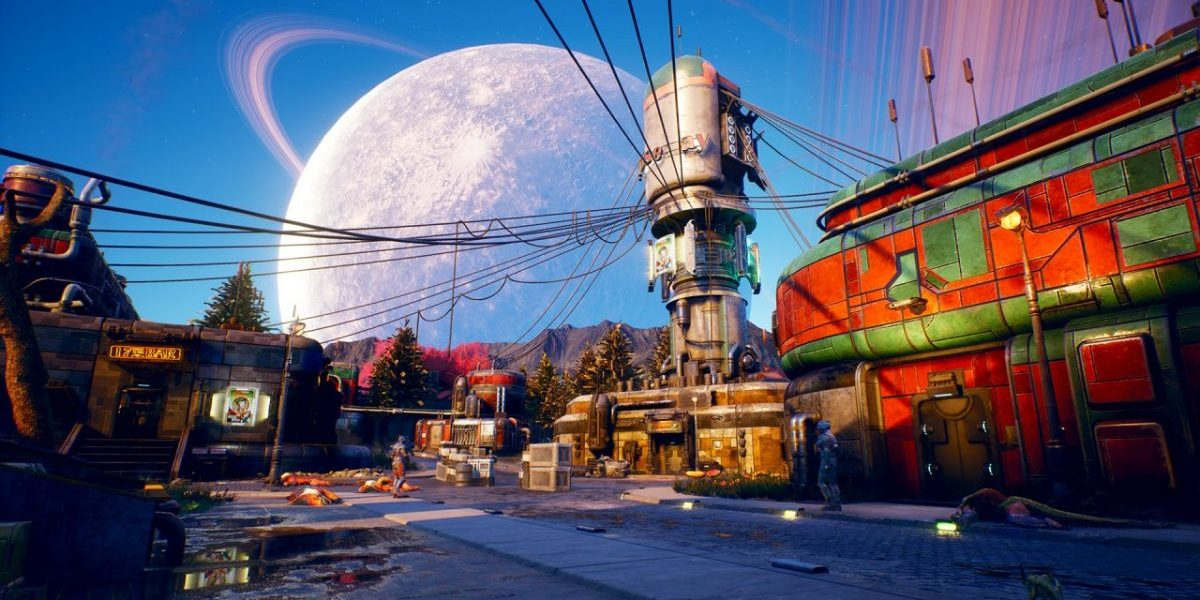In the popular imaginary, video games are often considered to be a base form of popular entertainment – a niche activity enjoyed mainly by teens. It’s a dangerous underestimation: as Jamal Stone explains, video games are for everyone – one in three people globally, to be precise. This £2.87 billion industry (in the UK alone) demands our attention.
Our series on video games, first published in Issue 227 and guest edited by Marzena Zukowska, is an overdue course correction: Red Pepper has never before covered video games in depth. And yet they are perhaps the most ubiquitous – if not the most powerful – form of modern entertainment. We carry around computers with inbuilt games in our pockets, in our backpacks and briefcases. Our living rooms and offices are equipped with machines designed to facilitate play. As contributors detail on our website, such play has potential to inform ideas, establish ideals, build community – through empathy and collaboration – even save the world (we’ve moved beyond rescuing the princess).
As much as TV, film, theatre, music and the arts more broadly, video games are already shaping our politics. This shouldn’t be much of a surprise. After all, throughout history people have used play and games to communicate particular ways of understanding the world and acting in it. Pictionary and charades are forums for establishing shared perspectives and reference points, potent tools for socialisation. Versions of those games exist the world over, though the content varies from place to place. They are tests of in-group belonging as much as fun ways to pass the time.
As much as TV, film, theatre, music and the arts more broadly, video games are already shaping our politics
In terms of 20th century board games, the massive popularity of Monopoly, Battleship, Risk or The Game of Life was not incidental to the deep entrenchment of social norms, of militarism, empire-building, capitalism or heteronormativity. They were – and still are – wrapped up in it, winners rewarded for ideological compliance as much as in paper money or plastic warships. Table-top games are experiencing something of a renaissance, with specialist shops and cafes popping up around the UK to colonise an island (Settlers of Catan), cooperate to stop the spread of a virus (Pandemic), or negotiate alliances and backstab ‘allies’ at the outbreak of war (Diplomacy).
All people play. Video game developers certainly have all people in their sights. They’re making games for the young and the old, products that provide ‘entertainment’ as well as hardware and software for loftier purposes – to help hone memory and motor skills, or provide therapeutic experiences. Game makers are chasing markets, too, of course, selling in-app purchases in ‘free’ mobile games based on your browsing history – or simply selling your browsing history (be careful what permissions you grant when playing Facebook games with friends).
Games – whether physical or digital – are forums for experimentation and interaction with different worlds, different worldviews. It stands to reason that some of those can be subversive; that games can offer exciting avenues towards radical ways of thinking. We should take them seriously, as integral cultural and political features. So get ready, player one.











